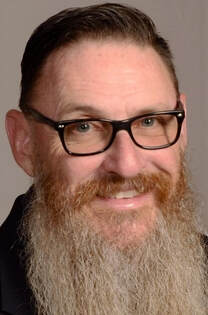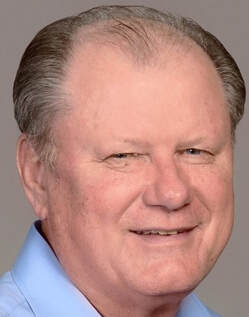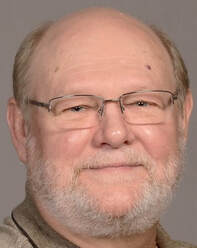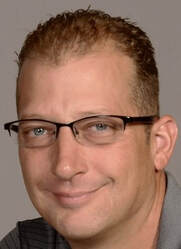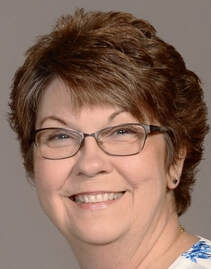Our church’s polity, or governing structure, can be described as elder-led congregationalism. We believe this model is what best represents the one found in Scripture.
We are congregational in that we believe that the congregation has the final say in matters of admitting members, dismissing wayward members, electing elders and deacons, hiring staff, approving budgets, etc.
We are elder-led in that we believe there are certain men within the congregation that God has set aside for a special office to lead the church. These men are approved by the congregation to serve in such a role. The elders are responsible for the oversight of the local church, teaching her sound doctrine that accords with Scripture, and making day-to day ministerial decisions that would be too cumbersome for the church as a whole to make. The term elder is interchangeable with the word pastor or overseer. The qualifications for an elder are found in 1 Timothy 3:1-7 and Titus 1:5-9. Because of passages like 1 Timothy 2:12-15, among others, we do believe that the office of elder is limited to men.
A second church office is also found in this model and that is the office of deacon. Deacons are servants in the church. While all church members are called to serve, there are people whom God has set aside to serve in the deacon office. They support the elders and take some of the burden off of them so that they (the elders) can devote most of their time to the ministry of the Word. Deacons are approved by the congregation. The qualifications for a deacon can be found in 1 Timothy 3:8-13.
All the parties involved, the elders, deacons, and the congregation, ultimately submit to Christ, who is the Lord of the church. All members must sit under the authority of His Word, the Bible.
We are congregational in that we believe that the congregation has the final say in matters of admitting members, dismissing wayward members, electing elders and deacons, hiring staff, approving budgets, etc.
We are elder-led in that we believe there are certain men within the congregation that God has set aside for a special office to lead the church. These men are approved by the congregation to serve in such a role. The elders are responsible for the oversight of the local church, teaching her sound doctrine that accords with Scripture, and making day-to day ministerial decisions that would be too cumbersome for the church as a whole to make. The term elder is interchangeable with the word pastor or overseer. The qualifications for an elder are found in 1 Timothy 3:1-7 and Titus 1:5-9. Because of passages like 1 Timothy 2:12-15, among others, we do believe that the office of elder is limited to men.
A second church office is also found in this model and that is the office of deacon. Deacons are servants in the church. While all church members are called to serve, there are people whom God has set aside to serve in the deacon office. They support the elders and take some of the burden off of them so that they (the elders) can devote most of their time to the ministry of the Word. Deacons are approved by the congregation. The qualifications for a deacon can be found in 1 Timothy 3:8-13.
All the parties involved, the elders, deacons, and the congregation, ultimately submit to Christ, who is the Lord of the church. All members must sit under the authority of His Word, the Bible.

